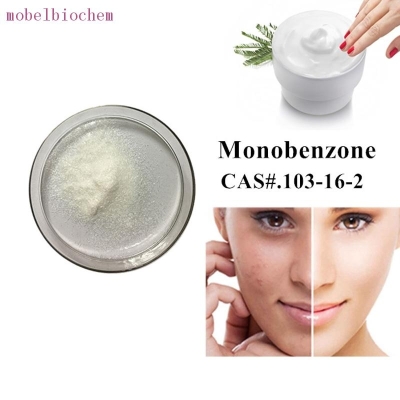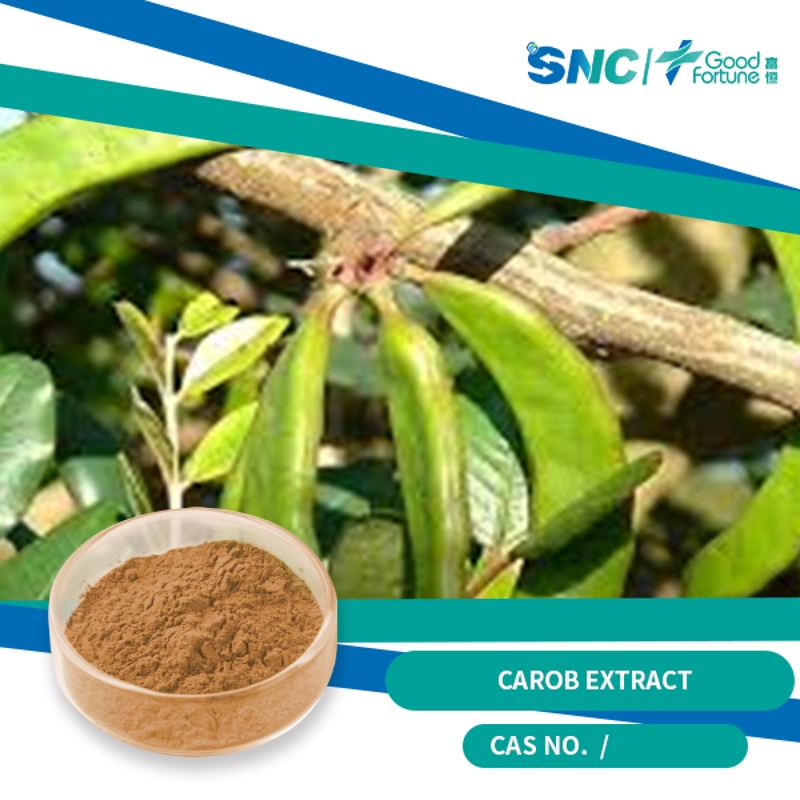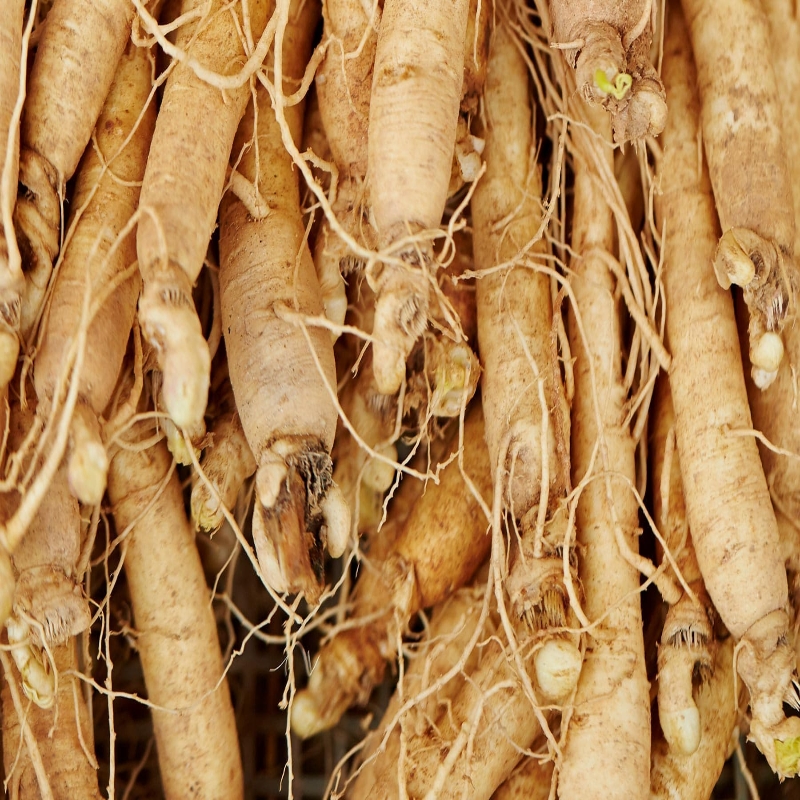Eight problems of Tongrentang traditional Chinese medicine in two years: exposure of pesticide residues
-
Last Update: 2013-09-09
-
Source: Internet
-
Author: User
Search more information of high quality chemicals, good prices and reliable suppliers, visit
www.echemi.com
Core tip: Recently, the MHRA issued a warning on its website, saying that the traditional Chinese medicines sold on the Internet, such as Tongrentang, contain harmful toxins, including lead, mercury and arsenic This has been the "problem list" of Tongrentang drugs eight times in two years As the leader of traditional Chinese medicine enterprises, Tongrentang is not exclusive At the end of June, the International Green Peace Organization (hereinafter referred to as "Greenpeace") issued the investigation report on pesticide pollution of traditional Chinese medicine According to the report, of the 65 samples of traditional Chinese medicine from nine major pharmaceutical enterprises, including Tongrentang, Huqingyutang, Yunnan Baiyao, Tianshili, and tianana, 48 samples contain pesticide residues, accounting for more than 70%, and most of the samples cover the Chinese medicine consumed by consumers Varieties of medicinal materials In recent years, traditional Chinese medicine enterprises have been exposed repeatedly due to drug safety problems, which makes traditional Chinese medicine enterprises feel chilly Many traditional Chinese medicine enterprise personages even told the reporter of China business daily (Weibo), heavy metal agricultural residues have recently become a sensitive word in the industry The severe criticism of traditional Chinese medicine pollution comes from Greenpeace, who issued the report "traditional Chinese medicine: investigation report on pesticide pollution of traditional Chinese medicine" aiming at the current situation of traditional Chinese medicine According to our reporter, from November 2012 to April 2013, Greenpeace purchased seven kinds of commonly used Chinese medicine samples, including chrysanthemum price, Lycium price, honeysuckle price, in seven countries including Germany, France, the Netherlands, Canada, the United States, Italy and the United Kingdom In 36 samples, 35 samples were detected pesticide residues, of which 32 samples detected more than 3 pesticide residues In addition, nearly half of the samples detected pesticides that were classified as highly toxic by the World Health Organization One or more pesticide residues in 26 samples exceeded the EU MRLs Wang Jing, director of Greenpeace food and agriculture project, told our reporter that since the report was published more than two months ago, Tongrentang and other traditional Chinese medicine enterprises have not replied to the specific questions in the report On August 22, Tongrentang's reply on its official website was only for the recent warning from the UK Tongrentang said, "after preliminary understanding and verification, our company has not registered bezoar price detoxification tablets in the UK and Sweden, nor exported and sold bezoar price detoxification tablets to the UK and Sweden." However, according to the Greenpeace investigation report, Tongrentang's drugs have also been questioned and have not been declared that the content of agricultural residues in Tongrentang has exceeded the standard seriously in China The official response is more like Taijiquan Wang Lian, spokesman of the State Administration of traditional Chinese medicine and director of the general office of the State Administration of traditional Chinese medicine, said on August 27 at the "news ventilation meeting of health engineering for the treatment of diseases not caused by traditional Chinese medicine", aiming at the disputes about the detection of agricultural residues and heavy metals in Yunnan Baiyao, Tongrentang and other traditional Chinese medicines, "all the traditional Chinese medicines, Chinese herbal pieces, Chinese patent medicines, etc., which have been strictly approved and listed by the State Drug Administration, are listed on the market It is in line with the corresponding laws and regulations and is effectively supervised " Liu Hanjun, general manager of Sichuan good doctor Pharmaceutical Group, told our reporter that due to the lack of corresponding national testing standards in the procurement process of Chinese herbal medicines, each Chinese patent medicine involves at least several or even dozens of raw materials of Chinese herbal medicines, so it is difficult for enterprises to find out which kind of herbal medicine has excessive agricultural residues Therefore, it is difficult for even the leading leader like Tongrentang to prove his innocence Wu Ming (pseudonym), general manager of Yunnan Traditional Chinese medicine enterprise, told our reporter that there are quite a number of traditional Chinese medicine enterprises that think Tongrentang has been exposed repeatedly in the past two years It is suspected that Tongrentang is related to the organized shorting of traditional Chinese medicine After all, Tongrentang is the benchmark of traditional Chinese medicine enterprises, and the source of traditional Chinese medicine is certainly the most standardized among all traditional Chinese medicine enterprises However, the general manager also admitted that the composition of traditional Chinese medicine is too complex If heavy metal residues are detected in the finished products of traditional Chinese medicine, it is difficult to determine which kind of traditional Chinese medicine comes from, which makes the market of traditional Chinese medicine in China mixed with the good and the bad, and it is difficult to distinguish the true and the false The lack of testing standards industry insiders said that China's traditional Chinese medicine circulation link and planting link are lack of heavy metal pollution and pesticide residues, the uncertainty for the safety of drug quality of traditional Chinese medicine enterprises laid the foreshadowing Wu Ming told reporters that heavy metal pollution and pesticide residues are two different concepts Most of the heavy metals are necessary components in the finished products of traditional Chinese medicine, and pesticide residues are necessary to be removed Traditional Chinese medicine enterprises are not unaware of the harm of pesticide residues, but in general, the technological process of traditional Chinese medicine production can remove these pesticide residues According to Wu Ming, from raw materials to finished products, Chinese herbal medicines need to be washed, dried, pickled and sterilized at high temperature Most of the pesticides are volatile, and most of them have been volatilized in the early stage when medicinal plants become medicinal materials After the "baptism" of the above process, pesticide residues are basically few If the finished products of some enterprises still contain excessive pesticide residues, it must be that the production process is not up to standard, or Jerry built "So it's hard for me to believe that Tongrentang's medicine will exceed the standard of agricultural disability." However, the complete removal of pesticide residues may only exist in the theoretical stage The reality is that there are many varieties of traditional Chinese medicine, each of which has specific diseases and insect pests There are five or six kinds of traditional Chinese medicine, and more than ten or dozens of them In order to avoid the events of production reduction and crop failure and reduce economic losses, pharmaceutical farmers choose to use chemical pesticides "Many farmers choose pesticides according to the following criteria: first, they are effective, second, they are cheap, and seldom consider the impact of pesticide toxicity on the quality of medicinal materials." An expert from the Plant Protection Research Office of the cultivation center of the Institute of medicinal plants of the Chinese Academy of Medical Sciences told reporters that the consequences of such indiscriminate application of chemical pesticides are the decline of the quality of medicinal materials and the aggravation of environmental pollution, which not only affects the quality of medicinal materials, but also pollutes the soil in the production areas of medicinal materials Liu Hanjun told reporters, "in fact, most enterprises also lack the motivation to detect pesticide residues, because the national pharmacopoeia standard is basically to detect the effective ingredients of drugs, for example, a certain medicine has five effective ingredients, so the State Administration of traditional Chinese medicine mainly tests its effective ingredients, while the agricultural residue test has neither the standard nor the habit." Because there is no specific national standard, the Chinese Pharmacopoeia has almost become the only reference standard in the field of traditional Chinese medicine However, even though the "China Pharmacopoeia" changed every five years, there are still few standards for pesticide residues In the latest Chinese Pharmacopoeia (2010 Edition), although there are 9 organochlorine and 12 organophosphorus detection methods and 3 pyrethroid pesticide residues detection methods, only the price of licorice and Astragalus are specified in the limit standards, while other Chinese herbal medicines have not been involved 。 In contrast, the United States Pharmacopoeia needs to detect the pesticide residues of the drug not only including the price of Glycyrrhiza and astragalus, but also a total of 19 other drugs In the detection of the drug types, it is far more than the Pharmacopoeia of China Due to the backward scientific research on pesticide residue standard of medicinal materials, together with the failure of supervision, the dual failure of processing flow and market circulation supervision, the safety crisis of medicinal materials is aggravated Before the establishment of gap medicine base, gap system was considered as an important means to ensure the quality of traditional Chinese medicine from the source However, according to the reporter, these gap TCM bases with the meaning of "sample Engineering" are difficult to implement even though they have their own standards, which lays a hidden danger for TCM pollution A person in the industry told reporters that gap base management is strict and the cost of products is high, so most of the Chinese herbal medicines it produces are for the enterprise's own use, producing high-quality Chinese herbal medicines or decoction pieces At present, only a small number of Chinese herbal medicines come from gap base For example, the output of gap base in China is only a few hundred tons, while the total demand is 10000 tons So far, the State Food and drug administration has approved 21 batches and 99 gap certified planting bases of traditional Chinese medicine, such as the dogwood price base of Tongrentang in Chun'an, Zhejiang, the dangshen price base of Lingchuan, Shanxi, and the Panax notoginseng price base of Yunnan Baiyao in Wenshan, Yunnan However, the industry insiders told reporters that although many large enterprises have GAP certification in their production bases, due to the high management cost, many enterprises finally adopt the way of enterprise plus farmers to plant and produce According to the report, the six pesticides detected are phorate, methamidophos, carbofuran, fipronil, aldicarb and methomyl, all of which are prohibited by the Ministry of agriculture to be used in Chinese herbal medicine, and methamidophos is completely prohibited On June 5, 2002, the Ministry of Agriculture issued a ban on the use of 19 highly toxic pesticides such as methamidophos in vegetables, fruit trees, tea prices and Chinese herbal materials In 2009, the Ministry of agriculture reiterated the ban, and listed methamidophos directly as a banned pesticide, that is, it should not be used in any crops Liu Hanjun analyzed why Tongrentang's drugs detected highly toxic pesticides "Many of Tongrentang's drugs need dozens of medicinal materials to be processed Tongrentang's gap base can only produce several kinds of medicinal materials with the main active ingredients at most, and other medicinal materials need to be purchased from the Chinese herbal medicine Yinpian company Because there is no agricultural residue detection in the circulation process, the same as It's hard to avoid that Ren Tang will buy medicines with excessive agricultural residues " In the view of an industry insider, even if GAP base can be planted in compliance with regulations, it is difficult to eliminate pesticide residues in traditional Chinese medicine because many drugs need a large number of dispensing "Therefore, if it is not possible to standardize the retail planting and gap base equally, then the limited GAP base invested by the enterprise can only become an invalid investment, and traditional Chinese medicine can hardly get rid of the shadow of" pollution " The reporter called Beijing Tongrentang Group Company for many times, and sent an interview outline about the excessive agricultural residues of medicinal materials to the group company and the listed company of Tongrentang However, as of the time before the publication, Tongrentang Group Company and the listed company did not reply to the reporter's questions.
This article is an English version of an article which is originally in the Chinese language on echemi.com and is provided for information purposes only.
This website makes no representation or warranty of any kind, either expressed or implied, as to the accuracy, completeness ownership or reliability of
the article or any translations thereof. If you have any concerns or complaints relating to the article, please send an email, providing a detailed
description of the concern or complaint, to
service@echemi.com. A staff member will contact you within 5 working days. Once verified, infringing content
will be removed immediately.







